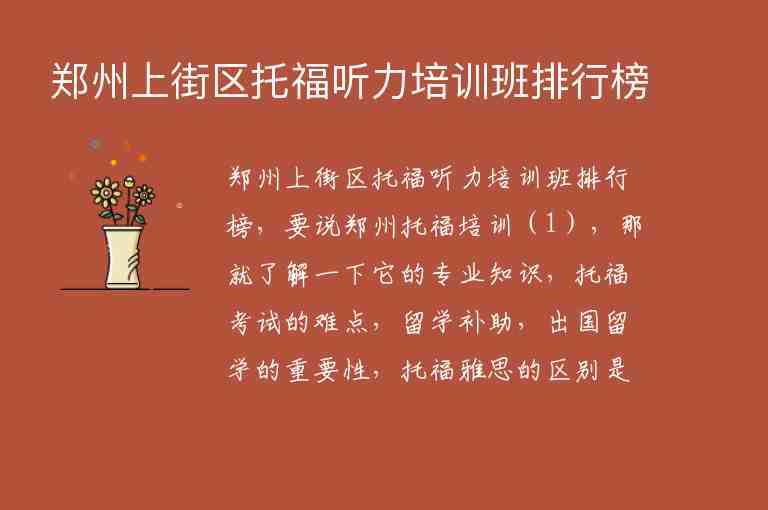英文释义:Comedies are plays, movies, or television programs that are intended to be humorous and make people laugh.
中文释义:喜剧是指那些旨在幽默并让人发笑的戏剧、电影或电视节目。
怎么读(音标):[kəˈmɛdiz]
用法:comedies通常用作可数名词,表示一部部具有喜剧性质的作品。它也可以用来指某种类型的表演艺术,如喜剧电影、喜剧连续剧等。此外,它还可以用作形容词,表示具有喜剧特色的。
例句1-5句且中英对照:
1. She loves watching comedies because they always cheer her up.
她喜欢看喜剧,因为它们总能让她开心起来。
2. The theater is showing a series of classic comedies this month.
这个月,这家剧院正在放映一系列经典喜剧片。
3. The comedian's stand-up comedy routine had the audience roaring with laughter.
这位喜剧演员的单口相声表演让观众捧腹大笑。
4. The comedy club is a popular spot for young comedians to perform.
这家喜剧俱乐部是年轻喜剧演员表演的热门场所。
5. The movie was marketed as a romantic comedy, but it ended up being more of a drama.
这部电影被宣传为浪漫喜剧,但最终更像是一部戏剧片。
同义词及用法:
1. Humor: a quality that makes something funny or amusing.
例句:His humor always lightens the mood in the room.
2. Satire: a type of humor that uses irony, sarcasm, or ridicule to expose and criticize human vices or follies.
例句:The play was a clever satire on society's obsession with social media.
3. Farce: a type of comedy that uses exaggerated and absurd situations to make people laugh.
例句:The movie was full of slapstick and farce, making it perfect for family entertainment.
编辑总结:
喜剧是指那些旨在幽默并让人发笑的戏剧、电影或电视节目。它通常用作可数名词,表示一部部具有喜剧性质的作品。除了作为名词使用外,它还可以用作形容词,表示具有喜剧特色的。同义词包括humor、satire和farce等。


